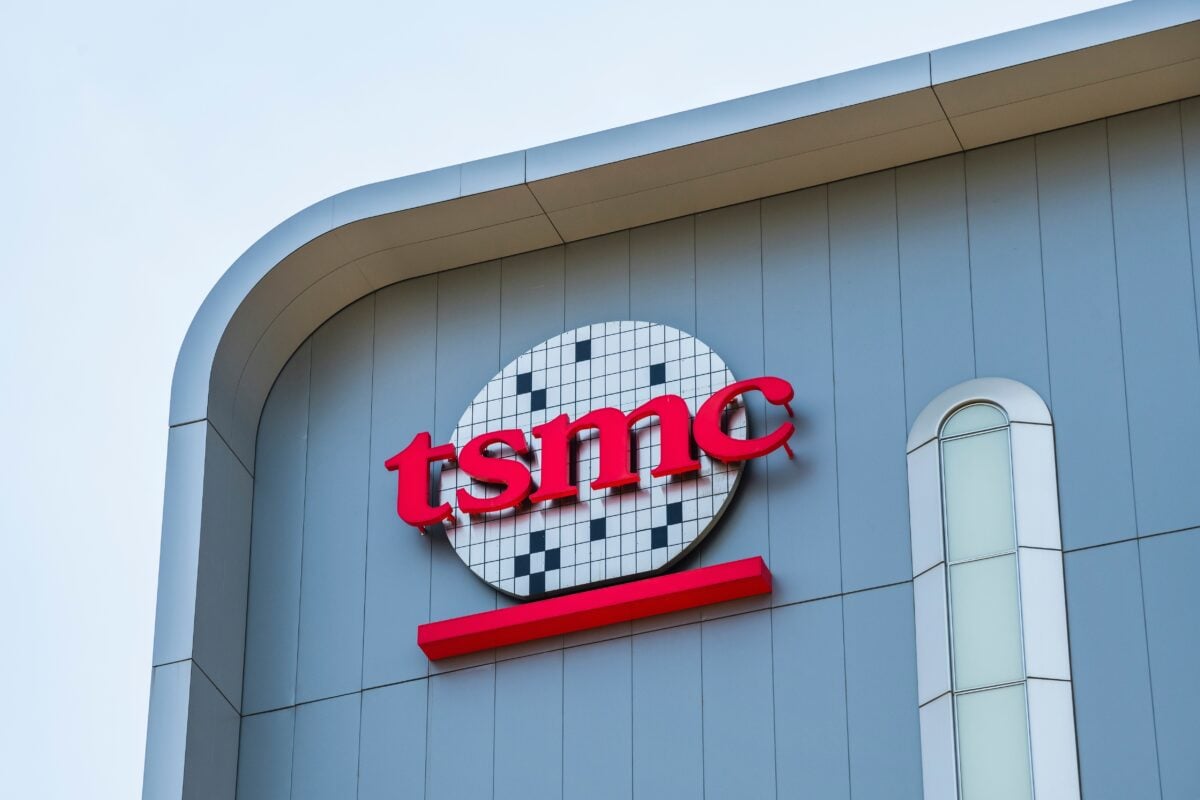TLDRs;
Contents
- TSMC has denied that its Japan plant delay is due to a shift in focus to U.S. investments.
- Chairman C.C. Wei blamed traffic issues in Kumamoto, not a strategic pivot, for the construction delay.
- Tariffs and trade policy are making TSMC’s global expansion plans increasingly complex and costly.
- The company insists its U.S. projects will not interfere with its commitments in Japan or elsewhere.
Taiwan Semiconductor Manufacturing Co. (TSMC) has rejected assertions that its growing investment in the United States is coming at the expense of its international operations.
The company issued the rebuttal following a Wall Street Journal report that linked the delay of its second fabrication plant in Kumamoto, Japan, to a broader U.S.-centric pivot. According to TSMC, the postponement was due to local traffic concerns, not a shift in strategic priorities.
Kumamoto delay sparks speculation
TSMC’s first Kumamoto plant officially commenced operations in late 2024, with the second plant initially slated to begin construction in early 2025. However, the plan has encountered delays, raising questions about the company’s global rollout. The Wall Street Journal cited sources suggesting that the holdup may be tied to TSMC’s focus on expanding its U.S. footprint, a strategy potentially influenced by looming tariffs under Section 232 of the Trade Expansion Act.
Chairman C.C. Wei downplayed this theory, pointing instead to infrastructure and logistics issues in Japan as the key reasons behind the delay. He added that the company is actively working with local authorities to resolve the concerns, ensuring the project can proceed as soon as possible.
TSMC stresses balanced global strategy
In a statement, TSMC reiterated that its decisions are driven by customer demand, business opportunity, and government support in each region. The company emphasized that no single market takes precedence over another, and that its U.S. investments will not hinder developments elsewhere. This includes ongoing projects in Japan, Europe, and its home base of Taiwan.
This clarification comes at a time when semiconductor manufacturing has become increasingly entangled with national security agendas. With nations racing to localize chip production, any perceived shift in commitment by global players like TSMC can quickly become politicized.
Tariffs could reshape the economics of chipmaking
Beyond Japan, the broader challenge TSMC faces is navigating complex international trade environments. Analysts note that a potential 10% tariff under U.S. trade law could add as much as $6.4 billion to the company’s $100 billion U.S. expansion plan. Even with Washington offering generous incentives through the CHIPS Act, including $32.5 billion in grants and billions more in loans, those benefits could be offset by these rising costs.
Such dynamics present a dilemma for chipmakers attempting to expand globally while responding to divergent regulatory and economic pressures. While the U.S. seeks to strengthen domestic capacity, companies like TSMC must also weigh the impact on their operations in regions like Japan, where local demand and partnerships remain vital.
TSMC’s model faces new geopolitical headwinds
TSMC’s pure-play foundry model, which revolutionized chip manufacturing by separating design and fabrication, has made it a linchpin in the global tech ecosystem. Its chips power devices from Apple smartphones to advanced AI systems, and countries are now fiercely competing to host its fabs.
With AI demand surging and next-generation chip supply becoming a strategic asset, TSMC’s global expansion has become more than a business decision. It’s now a balancing act shaped by policy, politics, and the pressure to maintain neutrality across competing nations.


